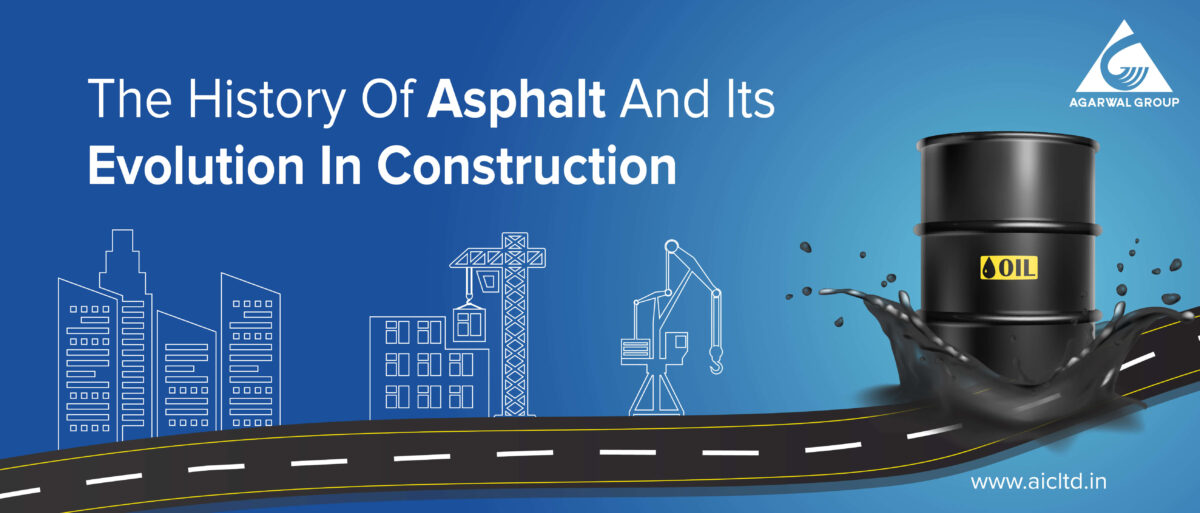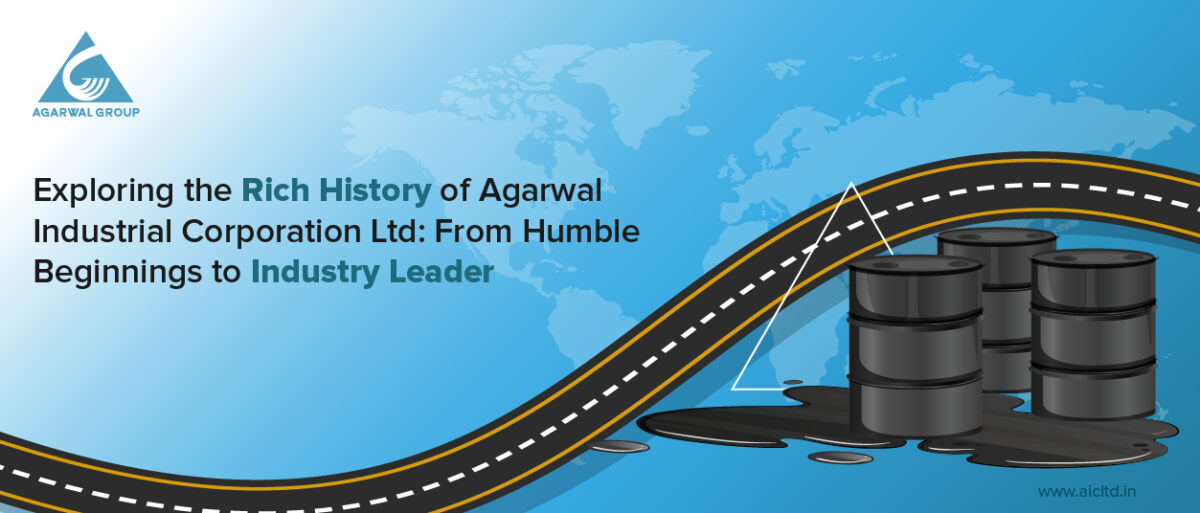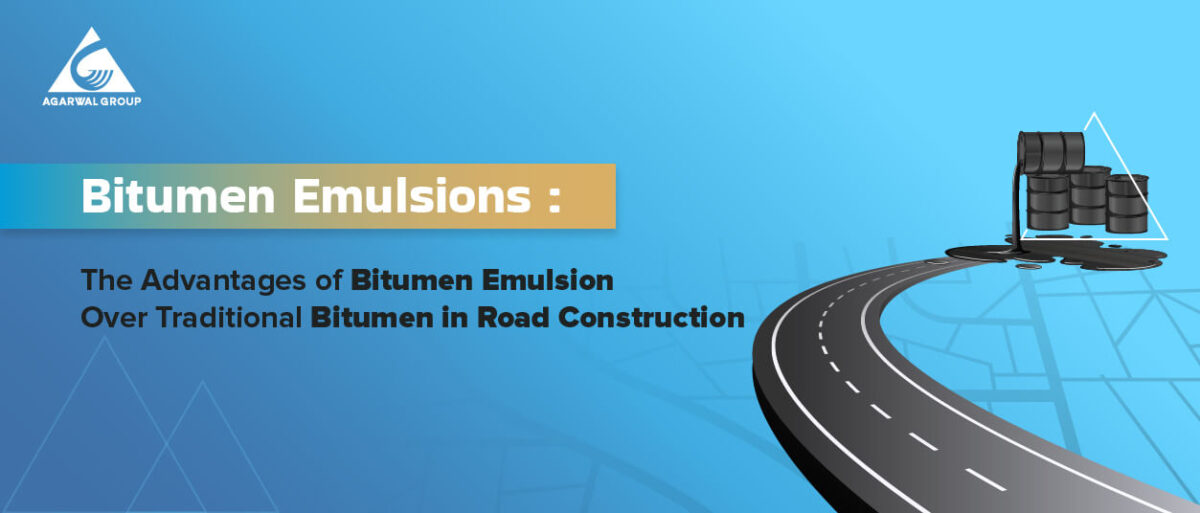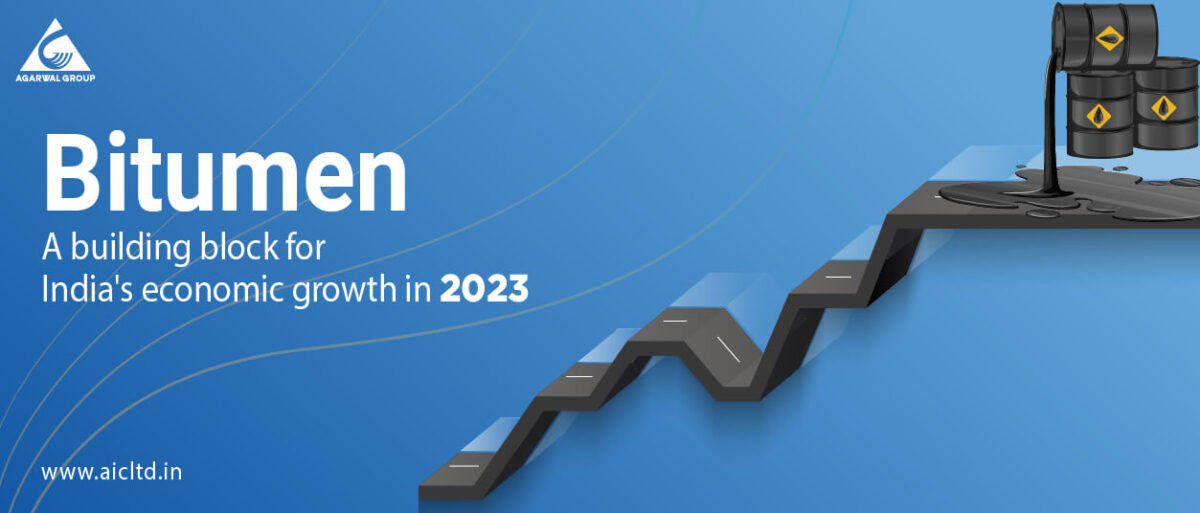From ancient civilizations to modern marvels, bitumen has been an unsung hero, providing a shield of protection against the elements and safeguarding the very structures we call home.
In this blog, we will delve into the myriad benefits and innovative uses of bitumen as a roofing material, uncovering its hidden potential and shedding light on why it remains an indispensable asset in the ever-evolving landscape of architecture and engineering.
Advantages of Bitumen Roofing
Roofing is not just a matter of protection; it’s a statement of durability and craftsmanship that defines the very essence of a structure. Among the myriad choices available, bitumen roofing stands tall as a symbol of time-tested resilience and modern ingenuity.
Let’s explore the distinct benefits that set bitumen apart and have earned it a well-deserved place as roofing material
- Exceptional Weather Resistance: One of the primary reasons for the enduring popularity of bitumen roofing lies in its outstanding weather resistance. Bitumen, a petroleum-based product, forms a waterproof barrier that effectively protects the underlying structure from rain, snow, and other environmental hazards.
- Durability and Longevity: Bitumen roofs are renowned for their remarkable durability and longevity. They can withstand heavy foot traffic during maintenance activities, making them suitable for commercial and industrial structures. When properly installed and maintained, bitumen roofs can last for several decades, providing an excellent return on investment for property owners.
- Cost-Effectiveness: Bitumen roofing strikes a fine balance between performance and affordability. The material itself is relatively inexpensive, making it a cost-effective choice for roofing projects, whether for new constructions or roof replacements. Additionally, its long lifespan reduces the need for frequent repairs or replacements, further contributing to cost savings over time.
- Fire Resistance: Bitumen roofing has inherent fire-resistant properties, providing an added layer of safety to buildings. The material’s ability to self-extinguish in the presence of flames significantly reduces the risk of fire spreading, making it an ideal choice for areas prone to wildfires or other fire-related hazards.
- Ease of Repair: In the unfortunate event of damage, bitumen roofs are relatively easy to repair. Patching up small areas or addressing localized issues can be done efficiently, ensuring minimal disruptions to the building’s occupants.
- Environmental Benefits: Some bitumen roofing products incorporate recycled materials, making them environmentally friendly choices for eco-conscious builders. Additionally, bitumen can be recycled at the end of its life, further reducing its impact on landfills and the environment.
Types of Bitumen Roofing
Bitumen roofing offers a diverse range of options, each tailored to suit specific architectural requirements and climatic conditions. Let’s explore the two primary types of bitumen roofing: Built-Up Roofing (BUR) and Modified Bitumen Roofing (MBR).
- Built-Up Roofing (BUR):
Built-Up Roofing, commonly known as BUR, is one of the oldest and most traditional forms of bitumen roofing. This time-tested technique involves layering multiple plies of reinforcing materials, such as fibreglass or organic felts, alternated with bitumen. The process typically begins with a base sheet, followed by hot-applied bitumen, and repeated layers until the desired thickness is achieved. The top layer is usually finished with gravel or a mineral surface to protect the roof from UV rays and provide added weather resistance.
- Modified Bitumen Roofing (MBR):
Modified Bitumen Roofing (MBR) represents a modern adaptation of BUR, combining the strength of traditional bitumen with added polymers. These modifiers enhance the material’s flexibility, elongation, and overall performance. MBR is available in two main application methods: torch-applied and cold-applied. Torch-applied MBR involves heating the material with a torch during installation, while cold-applied MBR utilises adhesives or self-adhesive sheets for bonding.
Future Trends in Bitumen Roofing
As technology and sustainability continue to shape the construction industry, the future of bitumen roofing looks promising with several exciting trends on the horizon. Here are some key developments that are likely to influence the future of bitumen roofing:
- Sustainable and Eco-Friendly Options: Sustainability is a key driver in modern construction practices, and bitumen roofing is no exception. Manufacturers are increasingly incorporating recycled materials into bitumen products, reducing the environmental impact and promoting circular economy principles. Additionally, bio-based bitumen alternatives made from renewable resources are being explored, offering eco-friendly options for environmentally conscious builders.
- Smart Roofing Solutions: The concept of smart buildings is rapidly gaining momentum, and bitumen roofing is not immune to this trend. Smart roofing systems with integrated sensors and monitoring capabilities are being developed to detect leaks, monitor structural integrity, and optimise maintenance schedules. These innovations enhance roof performance, prolong their lifespan, and streamline upkeep efforts.
- Roof Integration for Energy Generation: With the growing focus on renewable energy sources, bitumen roofing can be adapted to incorporate solar panels or solar shingles. Integrating energy generation capabilities into roofing systems maximises space utilisation, reduces reliance on external power sources, and contributes to sustainable building practices.
Conclusion
Looking towards the future, we see a promising landscape for bitumen roofing. Advancements in technology promise even more robust materials, with increased flexibility and energy efficiency, meeting the demands of sustainable construction practices. Smart roofing solutions equipped with monitoring capabilities will ensure seamless maintenance and optimised performance.
As we conclude this exploration of the benefits, types, and future trends of bitumen roofing, let us acknowledge its enduring significance and celebrate the ingenuity that has brought us this exceptional roofing material.








